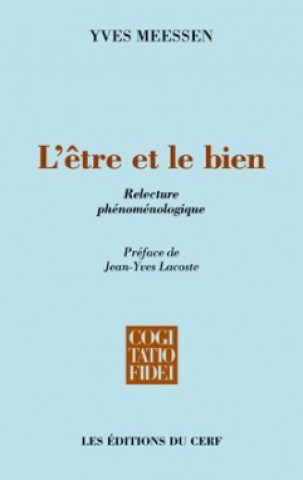
Kód: 34013462
L'Etre et le bien
Autor Yves Meessen
Dans la tradition théologique, tantôt l'être est identifié au bien (Augustin), tantôt le bien se situe au-delà de l'être (Denys). Ces deux postures métaphysiques ont convergé dans deux pensées différentes de l'" analogia entis " ( ... celý popis
- Jazyk:
 Francúzština
Francúzština - Väzba: Brožovaná
- Počet strán: 239
- Viac informácií o knihe

34.98 €
Dostupnosť:
50 % šanca Máme informáciu, že by titul mohol byť dostupný. Na základe vašej objednávky sa ho pokúsime do 6 týždňov zabezpečiť.
Máme informáciu, že by titul mohol byť dostupný. Na základe vašej objednávky sa ho pokúsime do 6 týždňov zabezpečiť.Prehľadáme celý svet
Mohlo by sa vám tiež páčiť
-
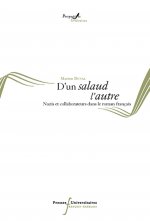
D'UN SALAUD L'AUTRE
28.53 € -
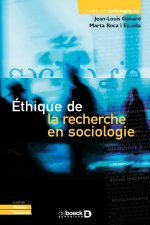
Éthique de la recherche en sociologie
40.20 € -
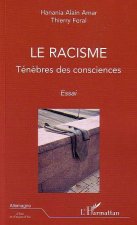
Le racisme
25.05 € -
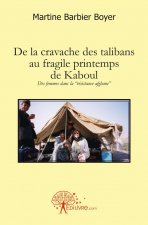
De la cravache des talibans au fragile printemps de kaboul
24.44 € -
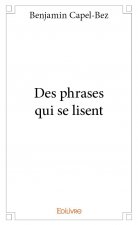
Des phrases qui se lisent
13.39 € -
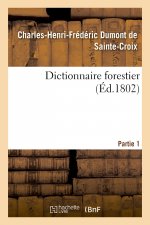
Dictionnaire Forestier. Partie 1
32.22 € -

Bob l'eponge t6 super Bob (gommettes)
7.46 € -

Vegan Keto
16.77 € -19 % -

This Blood that Binds Us
22.70 € -
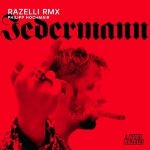
Jedermann (Razelli RMX)
22.50 € -

Daughter of Smoke and Bone
11.14 € -23 % -

Game of Thrones the Board Game
73.85 € -
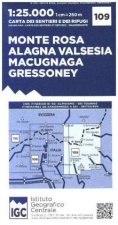
IGC Wanderkarte Monte Rosa, Alagna Valesia, Macugnaca, Gressoney
13.08 € -

People in the Trees
20.14 € -

Freundebuch - T-Rex World - Meine Freunde
9.30 € -2 % -

Mini Pusheen Coloring Book
7.36 € -22 % -

Out and About
8.99 € -23 % -

'princess Hedvig Sofia' and the Great Northern War
148.13 € -

Modocs and Their War
31.60 € -

Creative Haven Creative Cats Coloring Book
6.84 € -23 % -

Little Children's Rainy Day Activity book
7.97 € -22 %
Darčekový poukaz: Radosť zaručená
- Darujte poukaz v ľubovoľnej hodnote, a my sa postaráme o zvyšok.
- Poukaz sa vzťahuje na všetky produkty v našej ponuke.
- Elektronický poukaz si vytlačíte z e-mailu a môžete ho ihneď darovať.
- Platnosť poukazu je 12 mesiacov od dátumu vystavenia.
Informovať o naskladnení knihy
Zadajte do formulára e-mailovú adresu a akonáhle knihu naskladníme, zašleme vám o tom správu. Postrážime všetko za vás.
Viac informácií o knihe L'Etre et le bien
Nákupom získate 87 bodov
 Anotácia knihy
Anotácia knihy
Dans la tradition théologique, tantôt l'être est identifié au bien (Augustin), tantôt le bien se situe au-delà de l'être (Denys). Ces deux postures métaphysiques ont convergé dans deux pensées différentes de l'" analogia entis " (Thomas d'Aquin et Maître Eckhart). Parcourir ces grandes pensées selon une relecture phénoménologique fait surgir la problématique d'une méprise sur le sens de l'être : " Y aurait-il deux manières de considérer l'être, l'une où l'être serait quelque chose qui nécessiterait un geste antérieur de donation, l'autre où l'être serait lui-même donation et bonté ? " Le défi heideggérien pousserait la théologie vers une question fondamentale. Y répondre, ce serait, d'une part, mettre au jour le présupposé sur lequel est fondé la critique de l'onto-théologie et, d'autre part, par une remise en question de la " déconstruction " ("Destruktion"), laisser émerger une construction métaphysique entièrement transformée par la Révélation. Pour opérer cette entreprise, le chemin est déjà balisé du côté phénoménologique par les travaux de Paul Ricœur, Jean-Luc Marion et Michel Henry. Leurs études sont stimulantes pour la théologie dont le point de vue est cependant différent. Comme Jean-Yves Lacoste le fait remarquer, considérer la Révélation comme un fait (théologie), et non comme une possibilité (philosophie), ouvre une intentionnalité qui donne accès à une autre description des phénomènes et, par là, à une nouvelle herméneutique. Par conséquent, la foi permet une pensée de l'être impensable sans elle. La Révélation provoque à penser une différence ontologique où l'être ne se retire pas dans sa donation. Cette logique est surprenante au regard de la pensée de Heidegger. Elle se propose comme une alternative à la logique de l'" alètheia ". -- In theological tradition, the being is sometimes identified with good (Augustine), sometimes good is situated beyond the being (Denys). These two metaphysical views converged in two different philosophies of "analogia entis' (Thomas Aquinas and Master Eckhart). A phenomenological reading of these two philosophies reveals the problematic of the meaning of the word being: "Could there be two ways to consider the being, one where being is something that requires an inner gesture of donation, the other where being is itself a donation and goodness?' The Heideggerian challenge obliges theology to answer that fundamental question. To do so would mean, on the one hand, laying bare a presupposition on which the critique of onto-theology is founded, and on the other, calling "destruction' (Destruktion) into question, so permitting a metaphysical construction entirely transformed by the Revelation to emerge. To undertake this challenge, the way is already marked out on the phenomenological side by the works of Paul Ricœur, Jean-Luc Marion and Michel Henry. Their studies are stimulating for theologians although their viewpoint is different. As Jean-Yves Lacoste points out, to consider the Revelation as a fact (theology), and not as a possibility (philosophy), opens up an intentionality that gives access to another description of phenomena and, in this way, to new hermeneutics. Consequently, faith permits us to think the being in a way that is unthinkable without it. The Revelation inspires us to observe an ontological difference wherein the being does not withdraw from its donation. This idea is surprising in view of Heidegger's thinking. It is presented as an alternative to the logic of "aletheia'.
 Parametre knihy
Parametre knihy
Zaradenie knihy Knihy po francúzsky
34.98 €
- Celý názov: L'Etre et le bien
- Autor: Yves Meessen
- Jazyk:
 Francúzština
Francúzština - Väzba: Brožovaná
- Počet strán: 239
- EAN: 9782204095020
- ID: 34013462
- Hmotnosť: 300 g
- Rozmery: 215 × 134 × 15 mm
Obľúbené z iného súdka
-
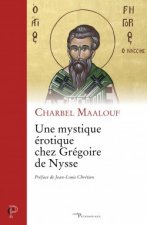
Une mystique érotique chez Grégoire de Nysse
48.38 € -
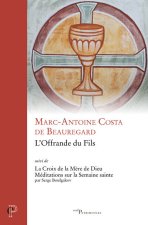
L'offrande du fils
34.47 € -6 % -
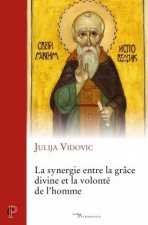
La synergie entre la grâce divine et la volonté de l'homme
36.72 € -
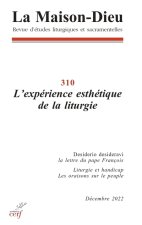
Revue La maison Dieu - N° 310 L'expérience esthétique de la liturgie
20.96 € -
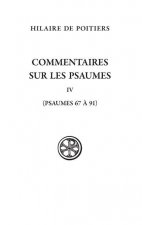
Commentaires sur les Psaumes - IV - (Psaumes 67-69 et 91)
43.78 € -
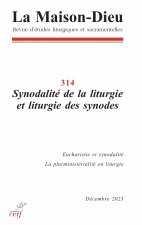
La Maison Dieu 314
20.96 € -
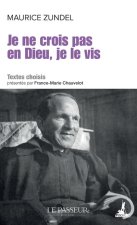
Je ne crois pas en Dieu, je le vis
13.90 € -
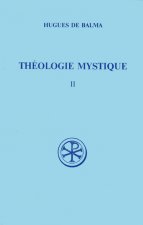
SC 409 Théologie mystique, II
40.20 € -
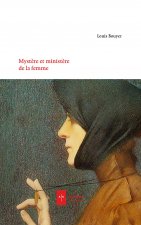
Mystère et ministères de la femme
20.14 € -
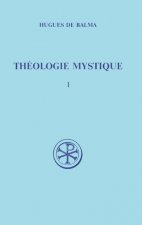
SC 408 Théologie mystique, I
43.78 € -
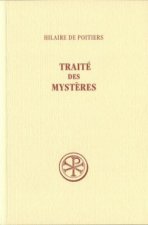
Traité des mystères
34.36 € -
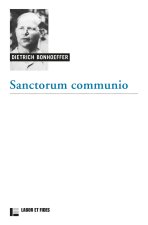
Sanctorum Communio
28.53 € -9 % -
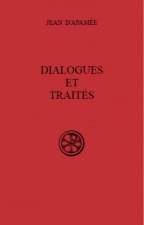
Dialogues et traités
33.24 € -
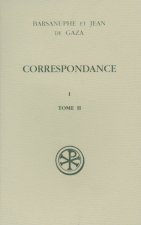
SC 427 Correspondance I, 2
51.96 € -
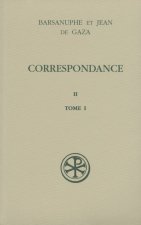
Correspondance II - tome 1
63.62 € -
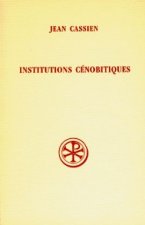
SC 109 Institutions cénobitiques
63.62 € -
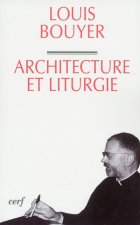
Architecture et Liturgie
16.87 € -
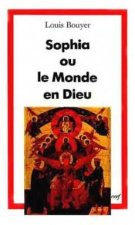
Sophia ou le Monde en Dieu
34.36 € -
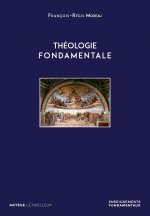
Théologie fondamentale
37.43 € -
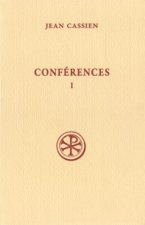
Conférences I
64.75 € -
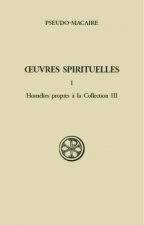
Oeuvres spirituelles - tome 1 Homélies propres à la collection III
76.51 € -
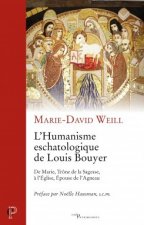
L'humanisme eschatologique de Louis Bouyer
42.55 € -
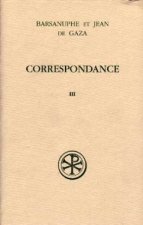
Correspondance volume 3 Aux laïcs et aux évêques (lettres 617-848)
50.73 € -
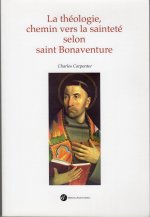
La théologie, chemin vers la sainteté selon saint Bonaventure
29.66 € -
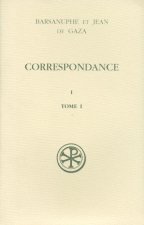
SC 426 Correspondance I, 1
49.51 € -
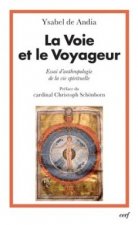
La Voie et le voyageur
65.98 € -
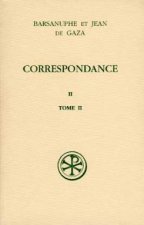
SC 451 Correspondance II, 2
65.98 € -
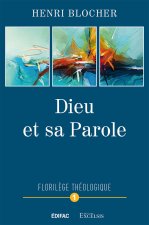
Dieu et sa Parole
35.59 € -
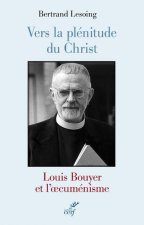
Vers la plénitude du Christ - Louis Bouyer et l'oecuménisme
43.98 € -
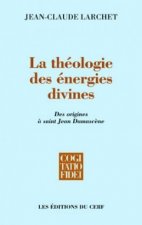
La Théologie des énergies divines
53.09 € -
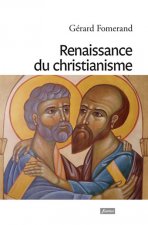
Renaissance du christianisme
26.08 € -
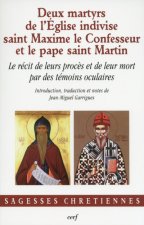
Deux martyrs de l'Église indivise : saint Maxime le Confesseur et le pape saint Martin
23.42 € -
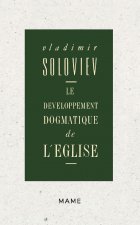
Le développement dogmatique de l'Eglise
30.58 € -
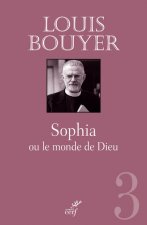
Sophia ou le Monde de Dieu
27.31 € -
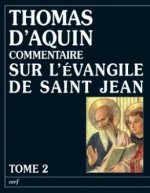
Commentaire sur l'Evangile de saint Jean - tome 2 La passion, la mort et la resurrection du christ
109.15 € -
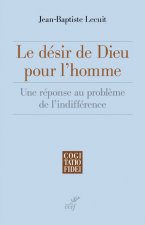
Le désir de Dieu pour l'homme - Une réponse au problème de l'indifférence
43.98 € -
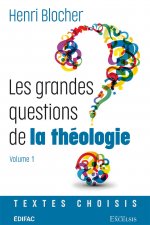
Les grandes questions de la théologie. Volume 1
16.87 € -
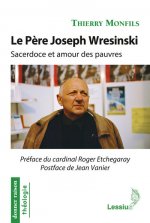
Le Père Joseph Wresinski - sacerdoce et amour des pauvres
55.44 € -
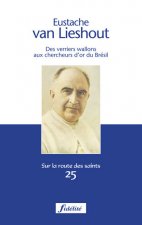
Eustache van Lieshout
9.81 € -
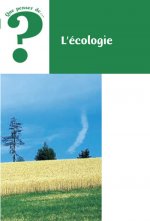
L'écologie. Que penser de n°57
5.10 € -
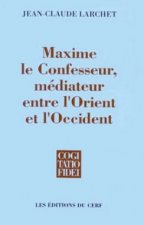
Maxime le Confesseur - médiateur entre l'Orient et l'Occident
40.20 € -
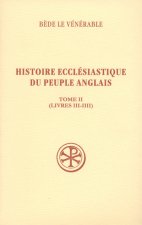
SC 490 Histoire ecclésiastique du peuple anglais, II (livres 3-4)
50.73 € -
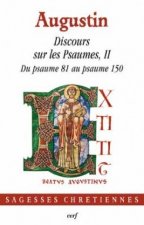
Discours sur les Psaumes II
88.07 € -

La divinisation de l'homme selon saint Maxime le Confesseur
67.10 € -
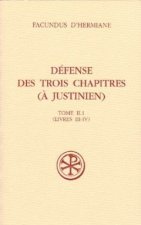
Défense des Trois Chapitres (A Justinien) - tome 2.1 (Livres III-IV)
40.20 € -
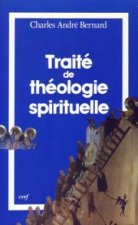
Traité de théologie spirituelle
42.55 € -
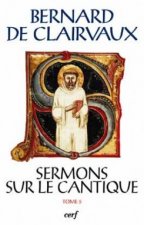
SC 511 Sermons sur le Cantique, V
67.10 € -
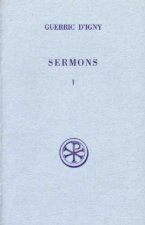
SC 166 Sermons, I
50.73 € -
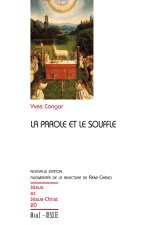
La Parole et le Souffle N20
28.12 €
Osobný odber Bratislava a 2642 dalších
Copyright ©2008-24 najlacnejsie-knihy.sk Všetky práva vyhradenéSúkromieCookies


 21 miliónov titulov
21 miliónov titulov Vrátenie do mesiaca
Vrátenie do mesiaca 02/210 210 99 (8-15.30h)
02/210 210 99 (8-15.30h)